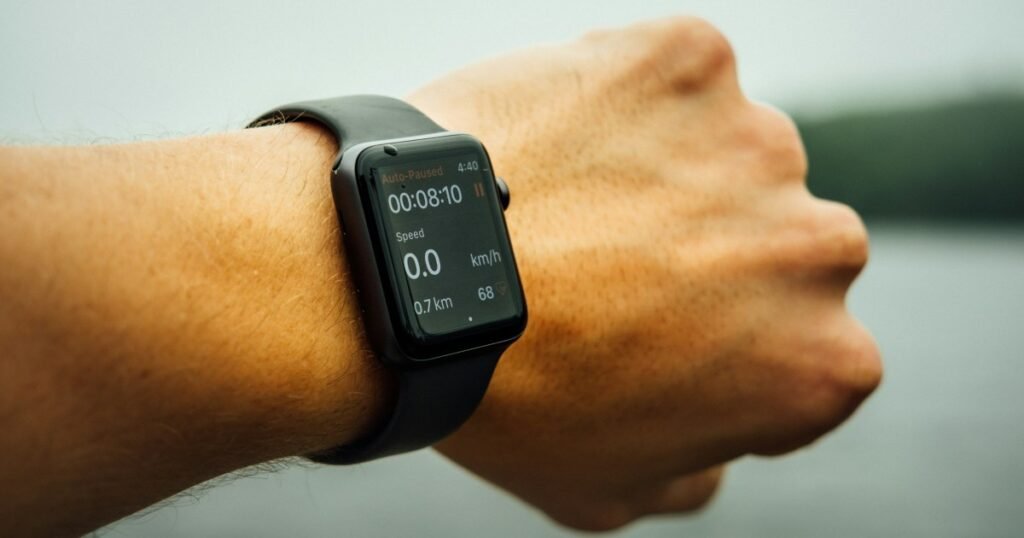According to the Pew Research Center, about 1 in 5 U.S. adults regularly wears a smartwatch or fitness tracker. We hear all the time about the benefits of wearable health and fitness trackers, from tracking steps and monitoring sleep quality to staying accountable and encouraging increased physical activity. Wearable devices are a modern method that many believe has ushered in a digital revolution in the world of health and fitness. Is everything as rosy as it seems, or are there drawbacks to consider? Recent research is digging into this.
the study
Nick / Unsplash
A study published in the Journal of the American Heart Association found that wearing a fitness tracker to monitor heart conditions such as arrhythmia and atrial fibrillation can induce anxiety. Researchers integrated survey data and electronic medical record data from more than 172 patients over a nine-month period and compared wearable users and non-users.
Research results
Mascot/Getty Images
The researchers concluded that wearable users reported more concerns about atrial fibrillation treatment and had higher rates of symptom monitoring and preoccupation than non-users. 20% of wearable users felt anxious and contacted their doctor whenever they received an irregular rhythm notification.
too many good things
Nick Schliahin / Unsplash
Many anxiety and OCD experts believe that the more you focus on something, the more your brain is trained to worry about it. Checking your fitness tracker on your phone can become a compulsive behavior and lead to data overload, especially if you’re not sure how to interpret or manage the information. Another interesting study from the University of Copenhagen also showed that people who use fitness tracker data as if it were a medical device often increase unnecessary fear and anxiety. Training for a 5K is one thing, but if constantly tracking your heart rate is making you feel anxious or fearful, there are some solutions you should consider.
Final thoughts and solutions
Indra Project / Unsplash
A constant stream of numbers and data can feel overwhelming. Be careful if you start checking your smartwatch or device compulsively. The first step is to be aware of how you use your fitness tracker. The next step is to take regular breaks from technology and disconnect yourself from it. If you have any concerns or questions about your health, it is always best to consult your doctor or health care provider.
From health tracking rings to smartwatches, tracking specific data can help you reach your goals. But on the other hand, these studies highlight that it can also lead to unhealthy obsessions that increase anxiety. Perhaps the takeaway from this study is that fitness trackers can be beneficial in moderation, but be wary of using them too much to monitor certain health conditions, such as irregular heartbeats. This means that there may be harmful effects. Is anyone doing a digital detox?

